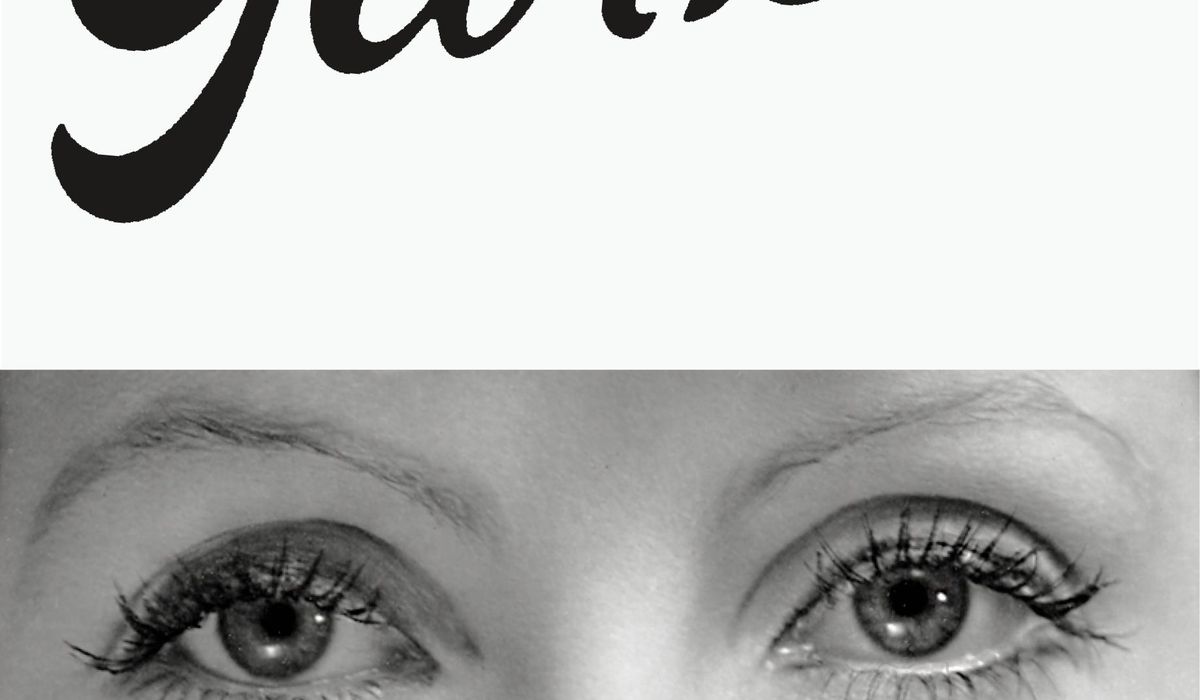
Coming a century after the Swedish actress’ film debut, Robert Gottlieb’s biography of Greta Garbo is a classic movie lover’s dream. Enriching his insightful reconsideration of Garbo‘s life and career are wonderful photos, a selection of essays from the past, and anecdotes from those who encountered the enigmatic star.
It’s just the kind of book the famously private Garbo would have hated – and read – every page. As Gottlieb explains, her desire for privacy did not make her immune to interest in what people were saying about her. But friends who talked to writers or, worse, wrote their own books about her would be erased from her life.
Why care about Garbo today? After all, her movies are rarely seen outside of TCM. She appeared in three European feature films, then just 25 films in Hollywood, all for MGM and nearly half of them silent. She more or less walked away from her career in 1941 yet retained a grip on the public’s imagination up to her death, at 84, in 1990.
Gottlieb, a longtime book editor and publishing executive as well as a writer and critic, presents an early 20th century life with all the trappings of a season of TV’s “Feud.” In Garbo’s case, however, the quarrel was not with a bitter rival (Marlene Dietrich may have come closest, if only in her own mind) but with Garbo herself.
Greta Gustafsson endured the humiliations of poverty growing up in Stockholm but found little joy or comfort in the millions she earned in Hollywood as Garbo. She longed to be an actress, putting on shows as a child, and worked tirelessly to gain a place in the theater. Yet with film stardom in the U.S. came the heavy chains of contract work and never-ending demands on her time. In “Grand Hotel” (1932) Garbo famously lamented, “I want to be alone,” but in real life she was no recluse, just a woman who no longer wanted to be in the public eye. Photographers pursued her throughout her five decades of retirement.
She loved children but never had her own. She had plenty of men in her life – and more than a few women – but never married. (One suitor claimed she had an inability to love.) She diminished the beauty that entranced moviegoers with slacks and sweaters that could have used a good washing. People who met her often commented on how little she offered in the way of interesting conversation – likely shyness combined with a lack of education beyond her early teens – yet she laughed more than one might expect.
Garbo‘s parsimony was as legendary as her beauty. New York shop owners knew her more as a browser than a buyer. She relied on friends, low-paid assistants and even strangers to guide her decisions, big and small. Actor Edward G. Robinson answered his doorbell to find the greatest actress of his generation seeking his appraisal of a painting she was considering buying for $200, a laughably small sum for a woman whose estate would one day be valued at $55 million. Robinson offered his opinion, she thanked him, and he never saw her a second time.
Gottlieb asks, “What are we to make of this strange creature who, without trying, compelled the attention of the world in a way no other star had done?” He offers many avenues for thought. Along the way he brings to life Garbo‘s time and place – particularly Europe, Hollywood and America between world wars – and fills her story with other unique characters.
It’s fascinating from beginning to end. You’ll want to be alone, too, with “Garbo.”
___
“Garbo” by Robert Gottlieb (Farrar, Straus and Giroux)








